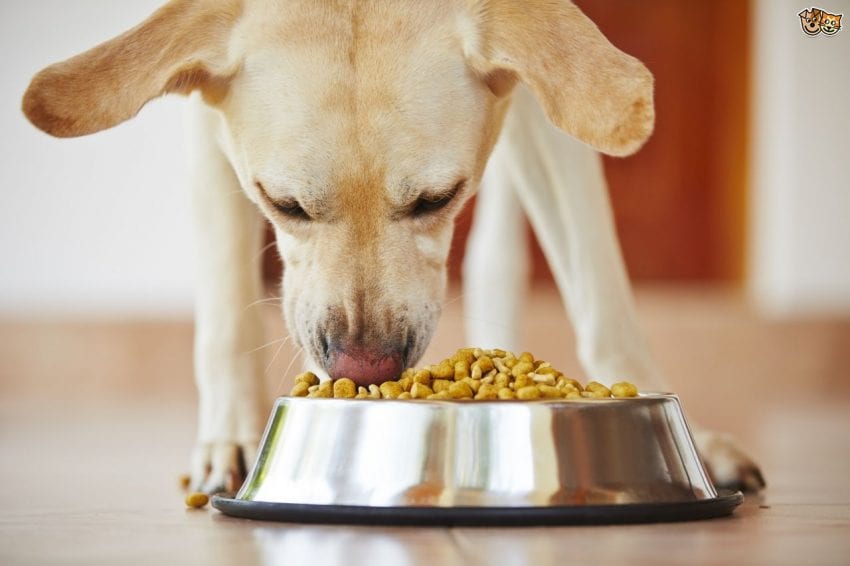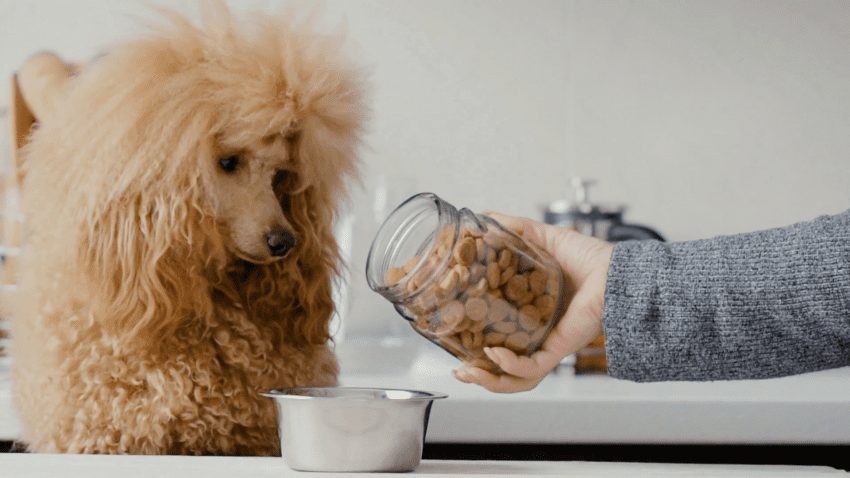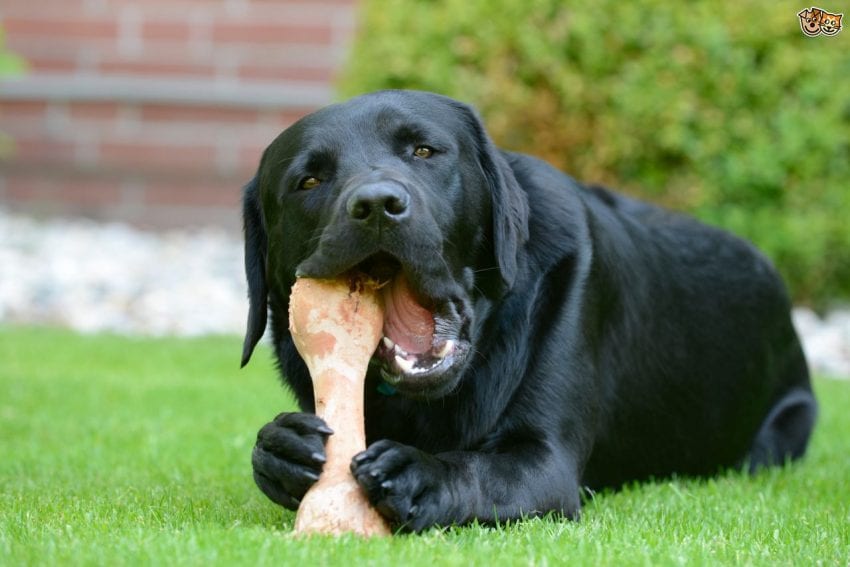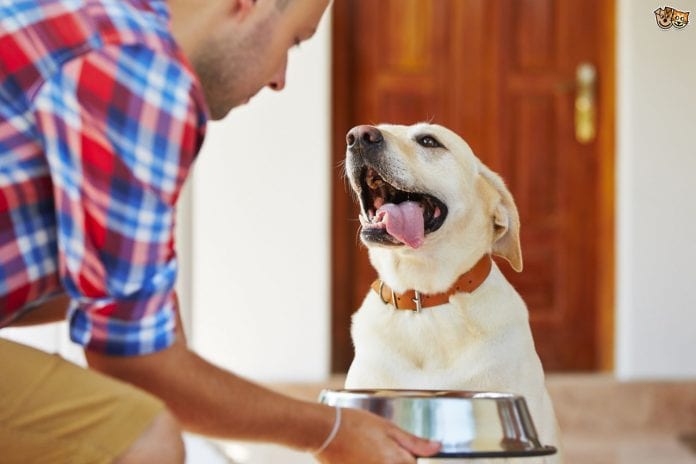Apart from grooming and exercises, feeding your dog with the right food is another effective way to show it your love. In fact, according to dog care tips published at https://www.authenticdogs.com/, diet is one of the major components of your dog’s health and happiness. Therefore, choosing what and how to feed your dog is something you should never take for granted. With a full host of potential recipes for dogs, it can be hard for a dog owner to choose the right food or feeding practice that befits their 4-legged companion.
Not all dogs are equal and you need to consider many factors when choosing the ideal food for your dog. For instance, the type and amount of food you feed to your adult dog may not be fit for a puppy. In this article, we will discuss some of the things you need to take care of when feeding your dog.
Factors to Consider When Feeding Your Dog
When feeding your dog, you need to be keen on certain things to address its specific nutritional needs. Below we have discussed some of these things to help you make the right decisions.

1. The Type of Food
To choose the right base meal for your dog, it is advisable to consult your vet to ensure that you choose a type of food that offers what your dog needs. In general, dogs are carnivores but they can eat some of the omnivorous food such as veggies and fruits. However, your dog’s main diet should contain meat food but at the same time include some fresh non-meat foods.
What is the Best Type of Food for Your Dog?
Simply put, the best type of dog food is one that provides all the nutrients that your dog requires to stay healthy. Most of the commercial foods are formulated with at least the minimum nutrients levels for the dog. However, you need to confirm the nutrients composition before you buy any brand. Here are some of the tips to guide you when choosing the type of food for your dog:
- Ensure that the food has an adequate amount of proteins, especially real meat, fat and carbohydrates (from wheat, corn or oats). Read the labels on processed foods and confirm from the manufacturer if necessary.
- Look for products with green vegetables such as spinach, green beans and so on or add fresh vegetables and fruits into its diets. These are great sources of minerals, fiber, and vitamins.
- Human grade meat is better as it has no preservatives that could harm your dog.
- If you opt for homemade recipes, formulate a balanced diet with a vet or dog nutritionist.
- You can add some boiled meat such as beef, chicken or lamb in small amounts.

Types of Food You Need to Avoid
You should avoid certain types of food at all cost including:
- Unapproved brands in case you are feeding processed foods.
- Sugary foods such as chocolate.
- Toxic products like garlic, onions, yeast, and alcohol.
- Coffee or tea.
- Fatty and salty food.
2. The Health Status of the Dog
If your dog is ailing or recovering from an illness, you may need to change the diet to help it recover faster. Some of the recommendations:
- Consult the vet to learn what your dog needs to recover; you could add vitamin supplements or some fattening food to help regain lost weight.
- You also feed tinned fish products, an egg or yogurt to boost the dog’s appetite.
- Serve foods with antioxidant and inflammatory ingredients along with the main recipe to improve the dog’s immunity.
3. Your Dogs Feeding Schedule
How many meals do you need to serve? Dog nutritionists recommend serving two meals a day, in the morning and in the evening. However, you can alter this depending on the dog’s needs.
- For puppies, you can feed 3-4 times daily.
- Additionally, you can add a meal to the schedule if you need the dog to add weight.
- Or split the normal portion to several servings for a picky eater.
- It is also advisable to stick to the feeding schedule to establish a routine for the dog.

4. Other Factors to Take into Account
There are more factors to take care of such as:
- The dog’s age – Learn the best way to feed a puppy, an adult, and a senior dog as they have different requirements.
- Lifestyle – Your food selection and the feeding program should also be guided by the dog’s lifestyle. For instance, racing or working dogs may require food with ingredients that provide more calories.
- Recommended special diet – If the vet for some reasons recommends a diet for your dog, it is important to stick to the advice.
Conclusion
Feeding your dog with the right food and in the right way is very vital to its overall health. The above guide explores the various elements you need to consider to help you make the right choices when feeding your dog. However, it is advisable to consult a professional vet in case of any confusion to ensure that your pet is always at its best health.









